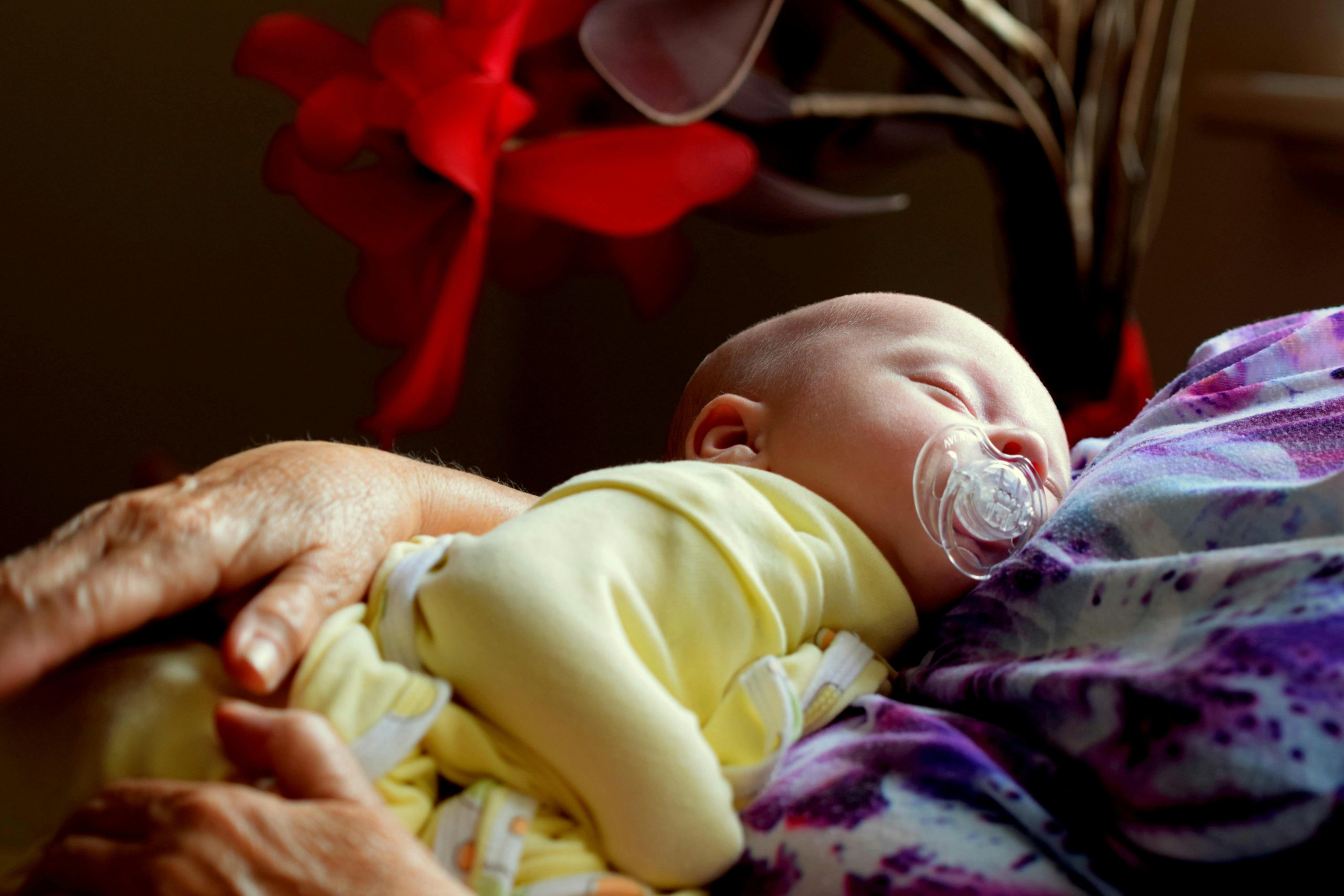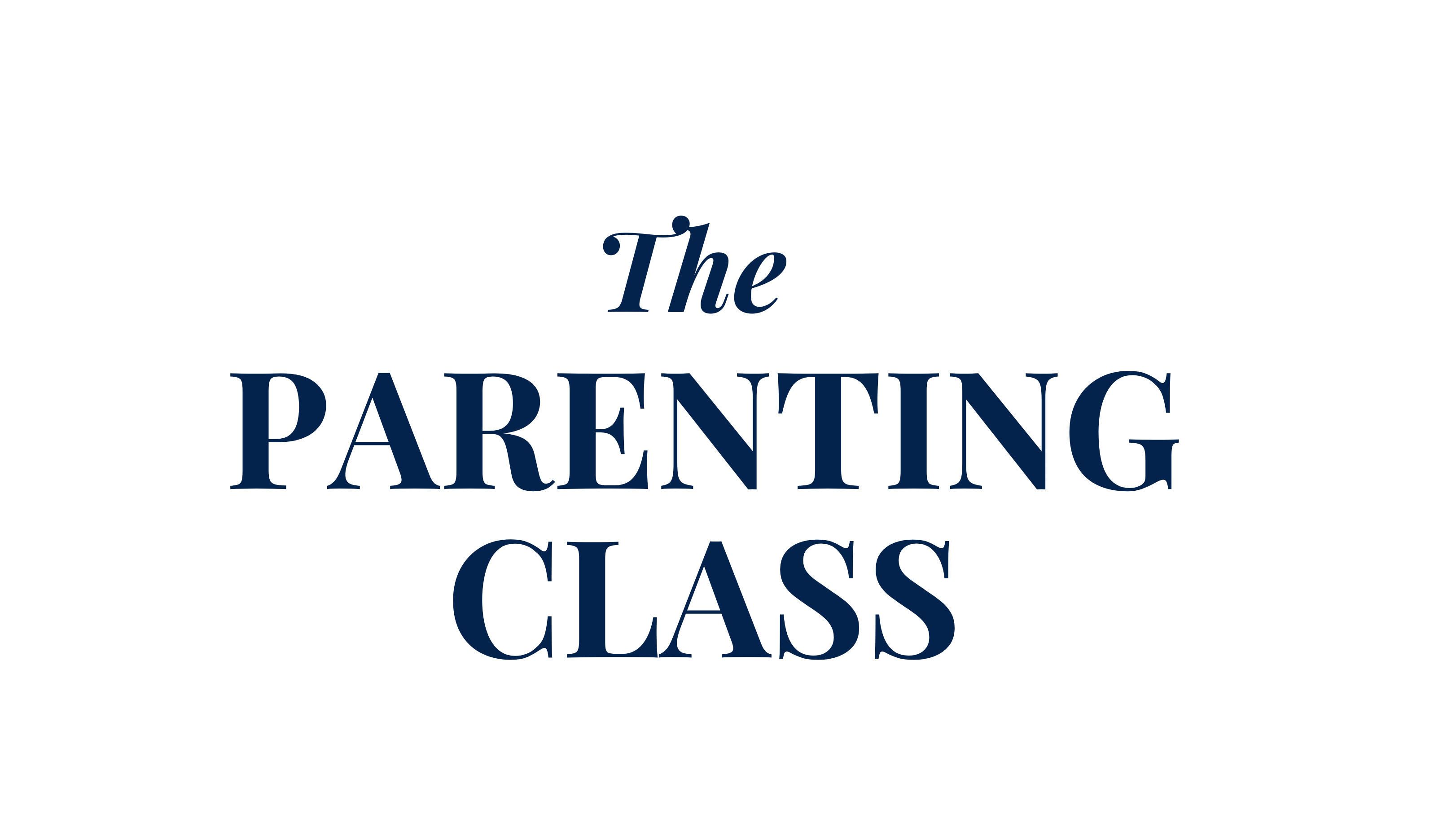
Do Babies Need to Sleep Through the Night? What Science Says vs. What Society Expects
Rethinking Infant Sleep: What This Study Tells Us
For many parents, a baby sleeping through the night feels like the ultimate milestone – one that often becomes the goal of sleep training, discussions with pediatricians, and even a marker of “good” parenting. But what if uninterrupted infant sleep isn’t as crucial as we think? A study challenges the widespread assumption that sleeping through the night is necessary for infant development and maternal mental health.
The study followed 388 infants at 6 and 12 months, assessing their longest period of uninterrupted sleep, maternal mood, and infant mental and psychomotor development. The findings? A significant portion of babies—between 27.9% and 57.0%—did not sleep through the night by these ages. More importantly, the research found no significant link between uninterrupted sleep and infant mental or psychomotor development, nor did it find a connection to better maternal mood. However, sleeping through the night was strongly associated with lower breastfeeding rates.
The Sleep Training Industry: Science vs. Market Demands
The sleep training industry has grown into a multi-million dollar business, with programs, books, and consultants promising exhausted parents a full night’s sleep. Many sleep training methods, particularly those emphasizing self-soothing and cry-it-out approaches, hinge on the assumption that consolidated sleep is necessary for healthy infant development and parental well-being.
But if research like this study suggests otherwise, why does sleep training remain so popular? One answer lies in modern parenting expectations. Many parents—especially in Western cultures—are expected to resume work quickly after birth and function within schedules that are incompatible with fragmented sleep. The demand for babies to sleep through the night reflects adult needs more than biological necessity.
Evolutionary Patterns in Baby Sleep: Why Babies Wake

Human infants are biologically wired to wake frequently. From an evolutionary perspective, night waking has likely served protective functions, including:
- Survival and safety: Frequent waking in early infancy may have been an evolutionary safeguard against threats such as predators or temperature drops.
- Breastfeeding maintenance: Night feeds help sustain milk supply and provide infants with crucial nutrients.
- Brain development: Light sleep and night waking may support brain plasticity, allowing for faster neural connections and adaptability.
Unlike other mammals, human babies are born highly dependent and require close parental care. Expecting a baby to sleep uninterrupted for 8+ hours might simply be a mismatch between biology and modern societal expectations.
Finding the Middle Ground: Infant Sleep and Maternal Mental Health
None of this means maternal exhaustion should be dismissed – maternal mental health matters deeply. Chronic sleep deprivation can contribute to stress, anxiety, and postpartum depression, and parents struggling with sleep deserve support. However, prioritizing infant sleep at the expense of breastfeeding or natural developmental rhythms might not be the right answer either.
So, where’s the balance?
- Shift expectations: Understanding that fragmented sleep is biologically normal can help ease the pressure parents feel.
- Flexible sleep solutions: Parents may benefit from gentle sleep strategies that respect both infant biology and parental well-being (e.g., safe bed-sharing, responsive night weaning, adjusting expectations).
- Support systems: Instead of pressuring babies to sleep in a way that doesn’t align with their natural rhythms, more emphasis should be placed on social and structural support for parents – such as parental leave policies, nighttime caregiving support, and mental health resources.
This study underscores an essential message: babies not sleeping through the night is normal, and parents shouldn’t feel pressured to force it. Instead of seeing sleep training as the default solution, we need to rethink the cultural expectations surrounding infant sleep and shift the focus toward realistic, biologically-informed, and parent-supportive approaches.
Balancing maternal well-being and infant needs requires a nuanced approach – one that recognizes both matter, but in a way that respects the natural developmental patterns of babies while supporting parents where they truly need it.

